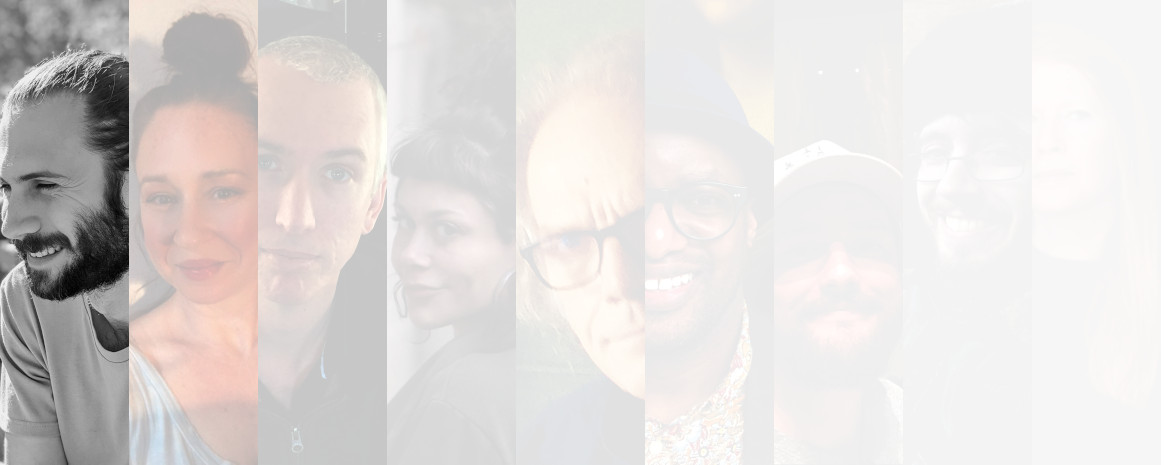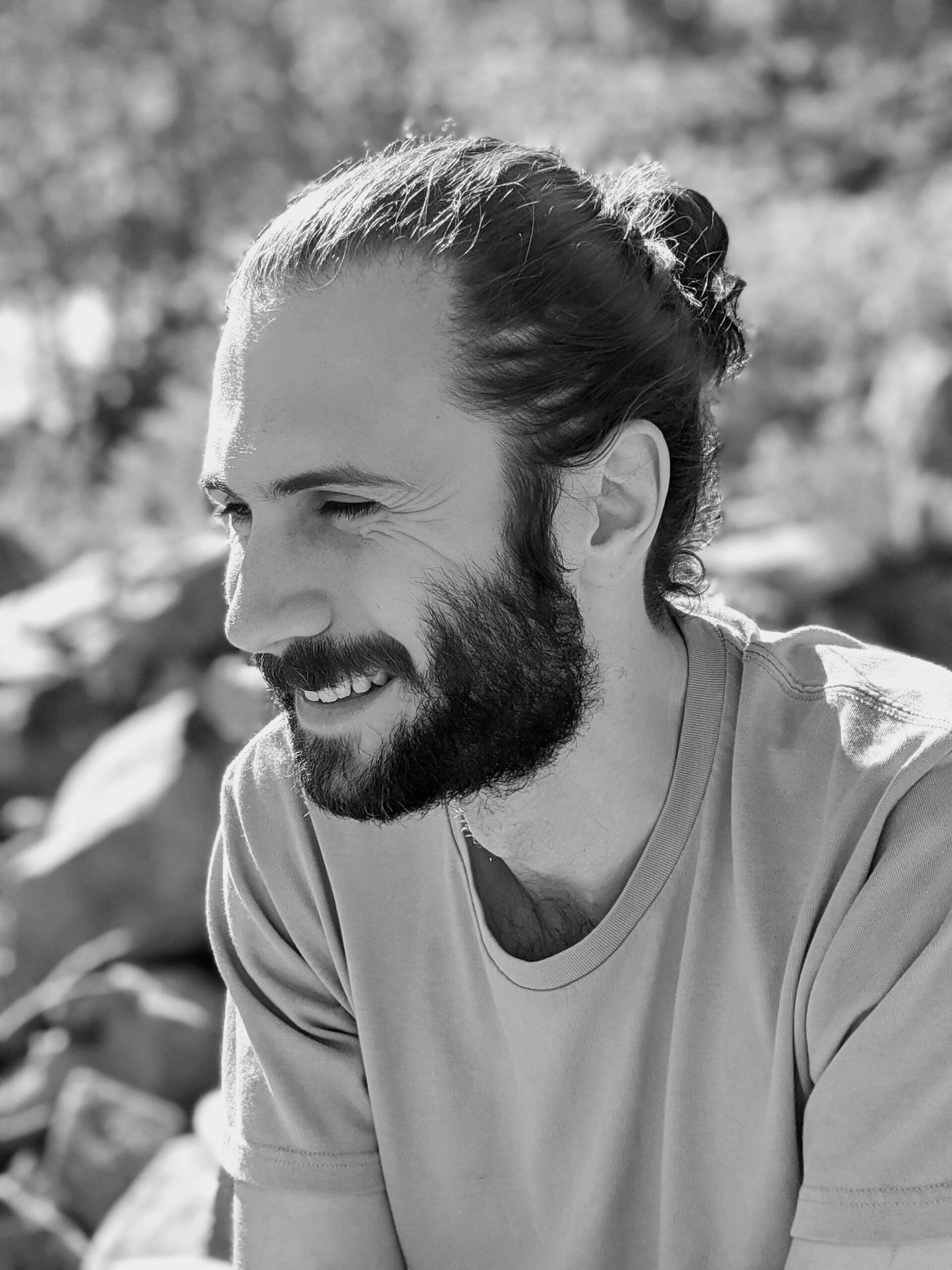Ucluelet, Vancouver Island Years ago, my friend Arnold lived on this island, building a robot that could count (in theory) all the fish in the world. It’s very hard, he would say, to tell fish from water, sounding like a proverb. Something about the brute force of data, something about a net of neurons. A salmon crests the surface now, a silver muscle, flexed. * Back in darker and more Bavarian days, bells were inscribed with the Latin phrase Fulgura Frango—I Break Lightning and rung to ward off storms. A brass pulse to warn God people were there, to spare them. The numbers speak for themselves. Between 1753 and 1789, a hundred and three bell-ringers died, in Germany alone, a rope of lightning seized in their hands. * Today, my brother-in-law lives on this same island, and swims through streams, counting salmon before they disappear. An inventory of loss, he says, like a poem wearing a flannel shirt. The numbers speak for themselves. * I can never remember if treasure is a countable noun. Some treasure, like some water, the indivisible ocean. Or one, two, three treasures, like fish, each its own locked wealth of blood, each its own ticking future. That’s the mistake we make, of course: to divide the undividable, to try to cleave, by the ringing of a bell, grief or storms or silence into bearable moments. * My brother-in-law can tell Sockeye from Koho from Chinook in the blink of an eye, in the split second it takes for a single silver scale, like a pixel, to flash across a dark screen of silt. He floats, face-down, eyes open, as still as humanely possible, numbers caught softly in the net of his brain. As still as a machine. As a wreck. * I Google what would happen if lightning struck the ocean while you were swimming. Would you and all the fish die? No. The salt water would spread the charge, would turn the singular I of lightning into a diffuse We of waves, the particular into the vague, the unbearable into the bearable, so that each living thing would feel at most a tingle down their spine. * Sometimes, I imagine Arnold’s robot still wandering the ocean a thousand years from now, working on its impossible task, the pulsing brass heart of it powered by photons and salt, by the moon’s gravity, ticking up, up, up. Something about an unreachable horizon. Something about a line of any length (a fuse, a poem) holding an infinity of points.

Sarah Tsiang on “Fulgura Frango (or How to Count to Infinity)”
“Fulgura Frango” is a layered and moving piece that reminds me of the fish in the poem itself, “a salmon crests the surface now, / a silver muscle, flexed.” This silver poem darts between elegy and love, between the tenderness of a human and the devastation that is humankind.
Bio

Dominique Bernier-Cormier
Dominique Bernier-Cormier is a Québécois/Acadian poet. His second book Entre Rive and Shore, a multilingual work of poetry and translation that explores bilingualism and Acadian identity, was recently published by Goose Lane Editions. He lives in Vancouver, where he teaches at a Francophone high school. [update provided in 2023]

